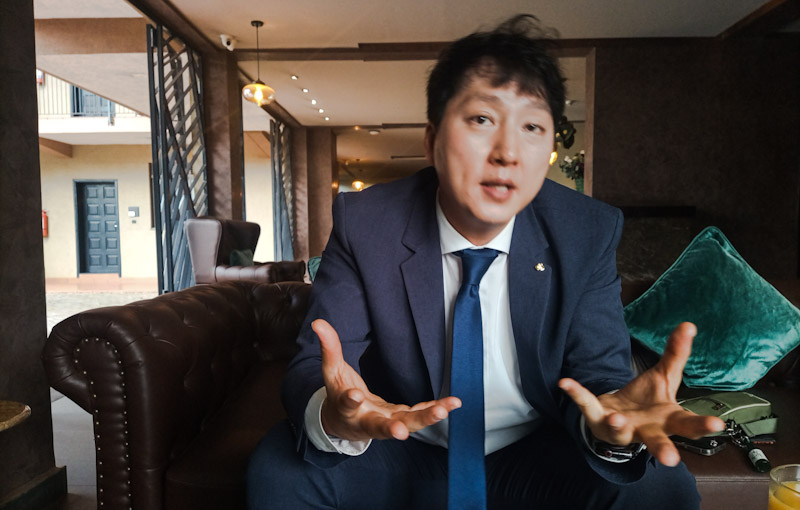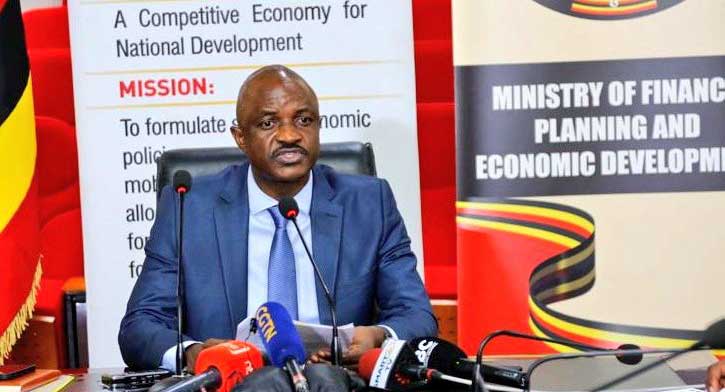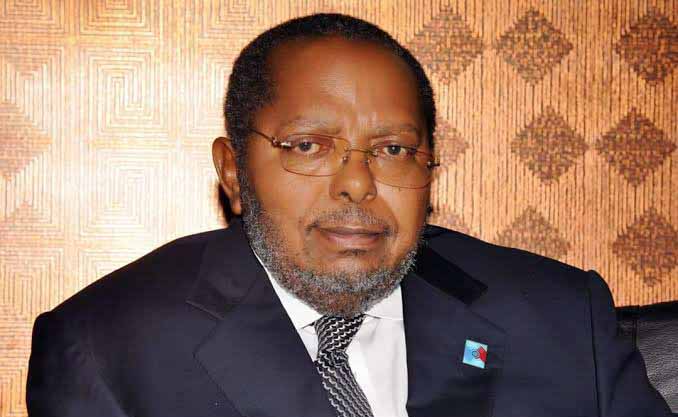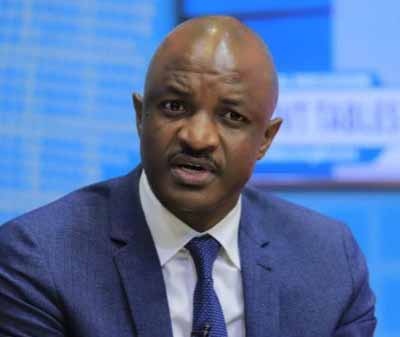All serious economists now know that it is a bad mistake to confuse life satisfaction with happiness. The former is an overall judgment about life that comes from consideration of all aspects that impact one’s life. The Gallup World Poll considers aspects such as healthy life expectancy, freedom to make choices, and social support. These are the aspects to which Ugandans feel very dissatisfied.
On the other hand, happiness is an emotion, a mood, or a feeling, which is part of experiencing life. Empirical studies have already found that poor people may report that they are happy in the most difficult conditions, while rich people, who seem to have everything, may feel that they are unhappy. That a poor man reports that he is happy should not confuse us into thinking that he lives a better life.
But feeling happy is always better than feeling sad. So what is going on among Ugandans? Why do they report they are happy yet at the same time dissatisfied with their lives?
Are Ugandans adapting to poverty?
Economists, such as those at Gallup Organisation, tend to emphasise indicators such as health, money, education, and ability to participate in civic affairs as needs of good life. People may value different things that are not included in that list. Angus Deaton, an A-professor of economics at Princeton University in the U.S., has written a top book entitled “The Great Escape” in which he answers the questions we are asking above.
Deaton believes that self-reported measures of wellbeing (measure of happiness) are not good in determining people’s wellbeing. “We don’t know what people are thinking when they answer the questions asked to determine whether they are happy or not,” he writes, adding that there are doubts whether the questions are interpreted the same way by different people.
For example, such questions do not put into consideration the “adaptation effect” — people living in desperate circumstances for too long can come to believe that this is the best that life can offer and report that they are happy.
Could this explain the happiness among Ugandans and Congolese? Studies show that Ugandans are the happiest in the Eastern and Central Africa, closely followed by the Congolese! Could the two neighbours, having lived in desperate circumstances for decades have come to believe that this is the best that life can offer them, and they decided to spend their shorter lives drinking alcohol and dancing to Lingala music?
This could be true, because when it comes to life evaluation surveys, people who live in poor countries such as Uganda, Togo, Democratic Republic of Congo (DRC), Central African Republic (CAR), Zimbabwe, Angola, Sierra Leone, Burundi, Afghanistan, Haiti, and other in that bracket, are generally very dissatisfied with their lives. In this case, life evaluation measures are in close accord with measures of income, health, and political freedom.
To escape poverty, we need escape routes
Poverty generates misery, but beyond a certain point and time under poverty, people may begin to live a “culture of poverty” — considering poverty, ill-health, deprivation and political oppression as a normal way of life. Are Ugandans now heading towards the culture of poverty, a concept pioneered by Prof. Arthur Lewis?
Mr President, about five years ago, I wrote in these very pages that many Ugandans had developed deeply entrenched social and financial habits that make it difficult for them to adjust and take advantage of the opportunities your government was presenting to them to enable them get out of poverty.
Little did I know that your government was actually promoting some of the poverty-reinforcing cultural habits such as producing and rearing so many children, poor school attendance and high dropout rates, financial illiteracy and encouragement of predatory financial dealings (money lenders), excessive freedom on decision making at household level (for example, men are allowed to sell household food and assets such as land, and use the money to marry more wives and/or drink themselves to the graves).
Mr President, in your New Year’s message, and indeed every time I hear you addressing the population lately, you emphasised wealth creation by calling upon Ugandans to engage in commercial activities and make more money. In that message I detected something critical missing; the realisation by, first and foremost, you the leaders that Ugandans won’t escape poverty if all escape routes are not opened.
Although money is central in eradicating poverty, escape from poverty is not only about money. Just as important, or even more so, are better health and improved likelihood of living long enough and in societies free of political violence and uncertainty, for them to have a chance to prosper.
The rich and their home “jails”
Mr President, there is no way Ugandans will create wealth when parents are still living with the constant fear and frequent reality that their children will die which forces mothers to give birth to ten (sick and malnourished) children, so that five may survive to adulthood.
Uganda’s health care system is shockingly among the worst in the world. Yet we all know that sickness and death, endlessly recurring morbidity and poverty are partners that often visit the same families.
The biggest weakness of your government, Mr President, is that the few who escape poverty and deprivation tend to protect their positions by destroying the escape routes behind them. They seem not to care about those they leave behind, yet they are more in number.
Without caring about the millions of the youth roaming the streets of Kampala and other towns unemployed, the freedom of the few of you guys who have escaped poverty is only temporary. There is an African proverb that says, “The poor can’t sleep because they are hungry; the rich can’t sleep because the poor are awake.”
The “rich” in Kampala now spend their sleepless nights in self-inflicted “jails”. Every good house is enclosed in a tall perimeter fence. On top of the fence are electrified wire obstacles, manned by an armed guard and a pride of gigantic dogs. All inlets into the house (doors, windows, and ventilators) are fitted with burglary proof and locked with massive padlocks!
To leaders, like you Mr President, not even that detail is secure enough; so you must sleep with a pistol or any other hand weapon! And you call yourselves wealthy!
What do you fear? You know that out there are young men (and even women) who are not only hungry but also feel deprived and cheated by those who have cars, modern electronics, and cash. So they can easily break into your beautiful homes uninvited at midnight.
Diseases of affluence
Mr President, unacceptable levels of inequality are messing up your efforts to make as many Ugandans as possible escape poverty. You have allowed so much rent seeking of all forms — corruption, regressive taxation, predatory financial dealings — which has turned Uganda into a country of the haves and have-nots. Most of the haves are closing the escape routes for the have-nots, using their political and business positions. And many people are dissatisfied with this.
Yet economics also teaches us that income matters in people’s wellbeing only when it is little. Too much money buys just a little happiness. Look around Ugandans who are extremely greedy and you will see one common pattern among them — they are all suffering from the “diseases of affluence”; cardiovascular disease (heart disease), stroke, diabetes, and cancer.
Such diseases are mostly caused by the rich-man’s lifestyle. None of such diseases can adequately be treated in Uganda. So even the “wealthy” are dissatisfied with you, Mr. President! They are dissatisfied not because they want you to provide them with public heath care. No. They have enough money to pay their health bills.
Their case with you has everything to do with your government’s failure to provide regulation required for effective and safe private health care system. It is in Uganda where people suffering from chronic diseases are given treatments meant for infectious diseases — antibiotic shots and intravenous drips for cancer patients or those suffering from cardiovascular disease! They will temporarily feel better as the disease worsens. By the time they fly to India or South Africa for proper tests and treatment, they are acute cases!
So both the poor and so-called wealthy are dissatisfied with their lives. This calls for you, Mr President, to properly redefine prosperity, tame the rent seekers whose main preoccupation is to block all the escape routes for those who are still in captivity, be clear on the fight against corruption, regulate the economy and especially the private health care sector, and above all reassess your own capacity to manage the affairs of this country anymore.








